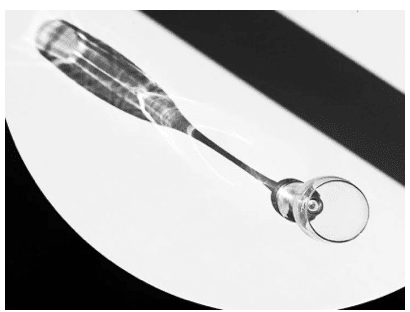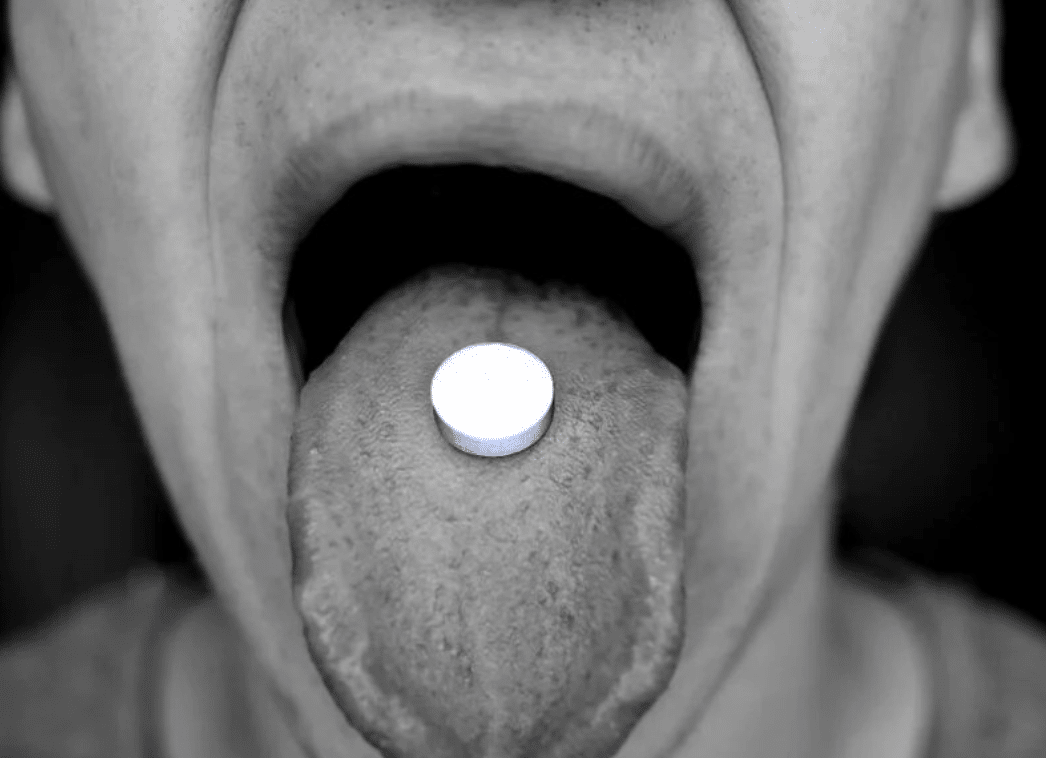A study published in the International Journal of Sport Nutrition and Exercise Metabolism revealed that the performance-enhancing effects of caffeine were more pronounced in people who did not drink caffeine-rich beverages — such as coffee, tea, and energy drinks — on a daily basis compared with habitual drinkers.
A team of researchers at the Dublin City University and the University College Dublinin Ireland developed a caffeine-infused chewing gum to measure the compound’s effects on athletic performance. According to scientists, caffeine was known to enhance muscle strength, mental alertness, and overall performance by reducing the perception of effort during intense activity.
The researchers enrolled 18 male team sports athletes and instructed them to carry out 10 repeated sprint performance (RSP) trials using a 40-meter maximum shuttle run test (MST). The participants were also instructed to accomplish two familiarization sessions, followed by caffeine and placebo trials in a randomized, double-blind setting. The athlete’s RSPs were assessed using sprint performance decrement points.
The findings revealed that the athlete’s RSP did not differ following caffeine and placebo intake. However, data from a secondary analysis revealed that sprint performance decrement points were lower in athletes with low habitual caffeine intake than those who had moderate and higher caffeine intake. According to the experts, this meant that athletes with low caffeine intake were able to maintain their performances. In contrast, athletes with caffeine intakes that were equivalent to three or more cups of coffee per day exhibited worse performance over the course of the repeated sprint tests.
The researchers suggested that athletes might want to reduce their caffeine consumptionbefore a game if they wanted to optimize the benefits of caffeinated supplements as a performance aid.
Telltale signs of caffeine tolerance
An article published on the Reader’s Digest website provided an overview of the effects of constant caffeine exposure and how it affects the body’s overall function. In the article, nutrition expert Mandy Enright explained how caffeine works and how caffeine tolerance sets in.
“Caffeine stimulates your brain’s attention and concentration centers while acting as a receptor to a brain signaling molecule called adenosine. Adenosine is a substance that can make you feel tired, which builds up during the day and eventually dissipates while you sleep. Essentially, your body thinks caffeine molecules are binding to the parts of the brain where adenosine would normally attach to, causing increased alertness after drinking that cup of coffee,” Enright said.
According to the Enright, constant repeated exposure to caffeine causes the adenosine receptors to be less responsive to caffeine. This may also lead to the development of more adenosine receptors, which in turn may trigger increased caffeine intake. The expert stressed that this decrease in sensitivity often leads to caffeine tolerance. The scientist cited previous research, which demonstrated that caffeine tolerance may occur in as little as one to four days. However, the expert emphasized that the condition varies from one person to another.
“Some people have genetic factors that cause caffeine to metabolize more quickly than other. Differences in weight can influence caffeine tolerance—the higher the weight, the more likely they are to have a higher tolerance. Smoking can cause caffeine to be metabolized twice as fast,” Enright added.
According to Enright, people with low tolerance to caffeine may experience headaches, anxiety, and jitters as well as lack of focus, palpitations, and irritability. However, the expert noted that these symptoms may no longer manifest once a person developed complete tolerance. (Related: The hidden dangers of caffeine: How coffee causes exhaustion, fatigue and addiction.)
“Initially, you will notice that you don’t quite get that same burst of energy, alertness, and focus as you did when you first started drinking coffee. You find you need more coffee to have the same effects. And when the caffeine starts to wear off, headaches may occur instead,” Enright explained.
The expert suggested cycling coffee intake – drinking a high amount in one day and reducing the intake during the other days – to help stem caffeine tolerance.
Whoever is reading this DO NOT DELETE THIS: How many pounds have you lost this month? At Dieta Efectiva you can lose 10-12 lbs your first week and 2 – 5 lbs every week after. Visit us dietaefectiva.net to learn more about our program.







